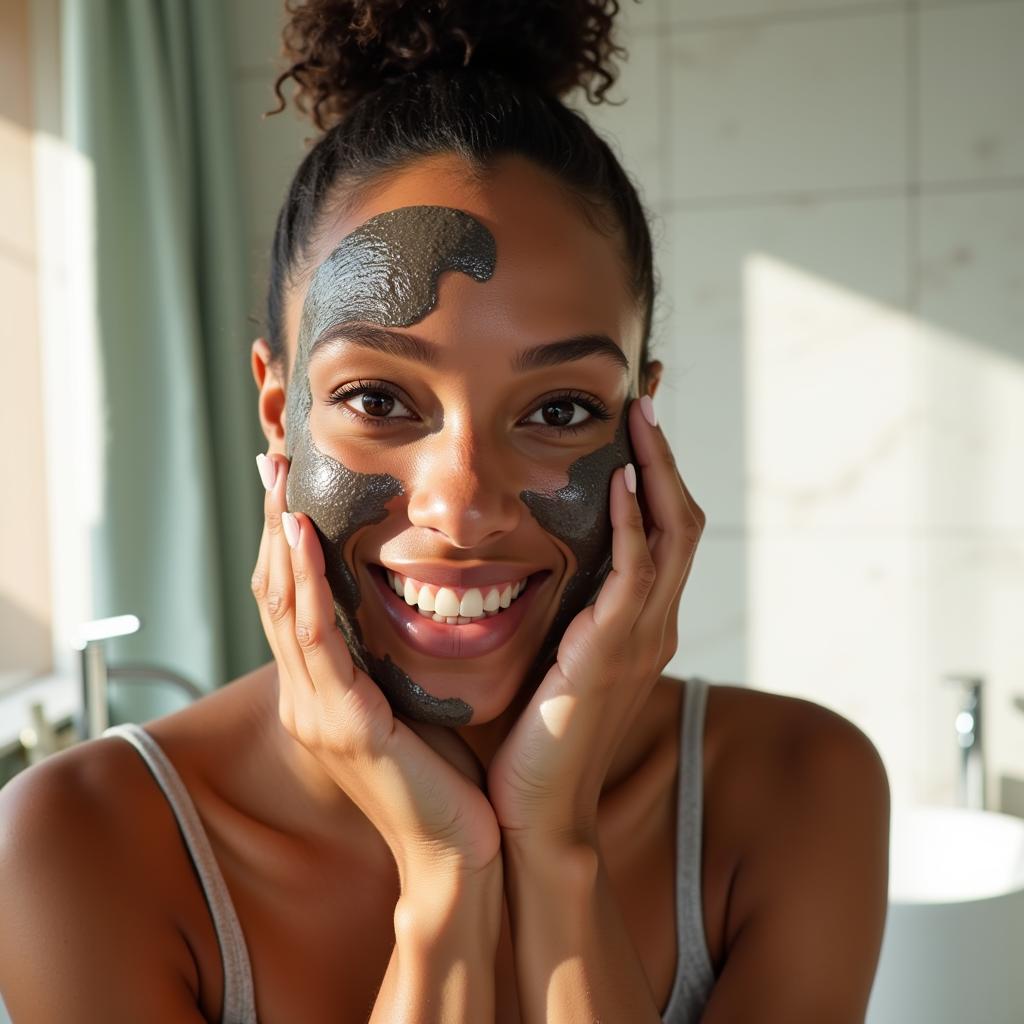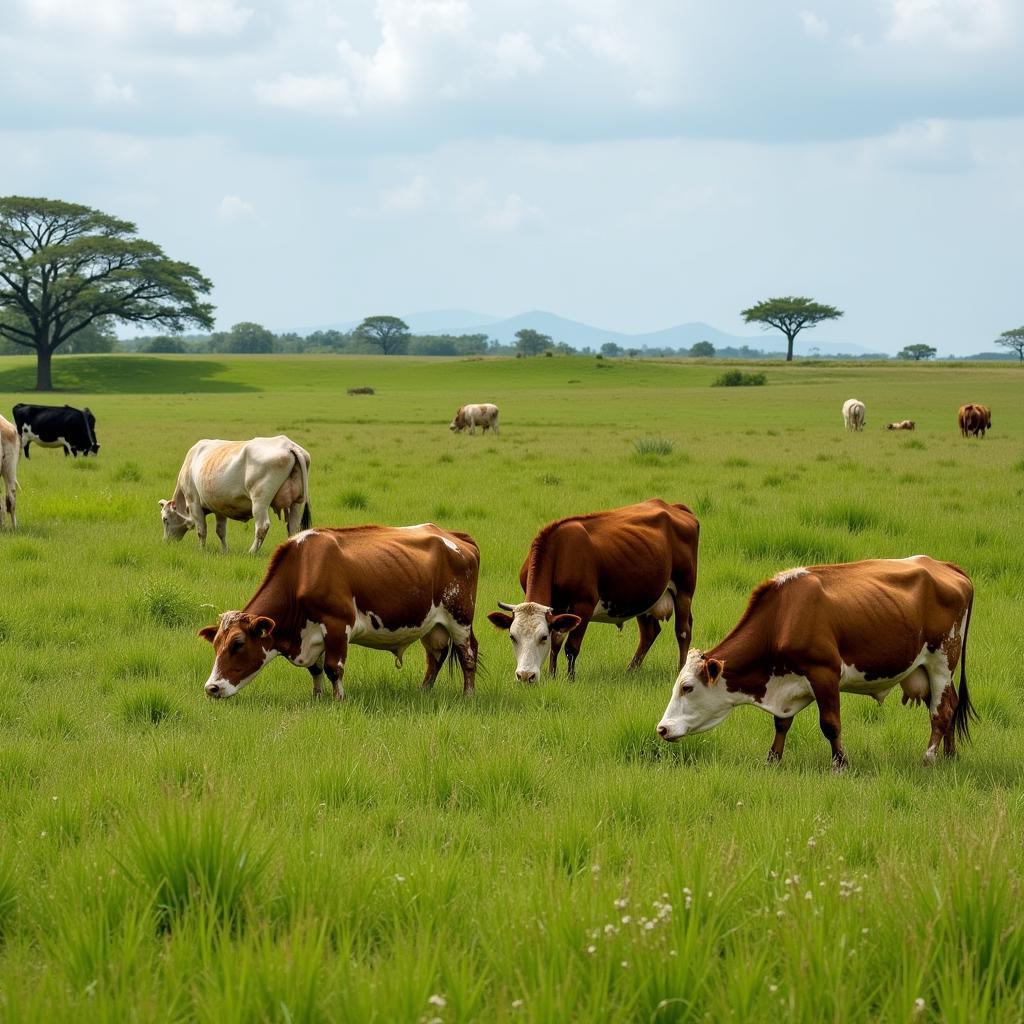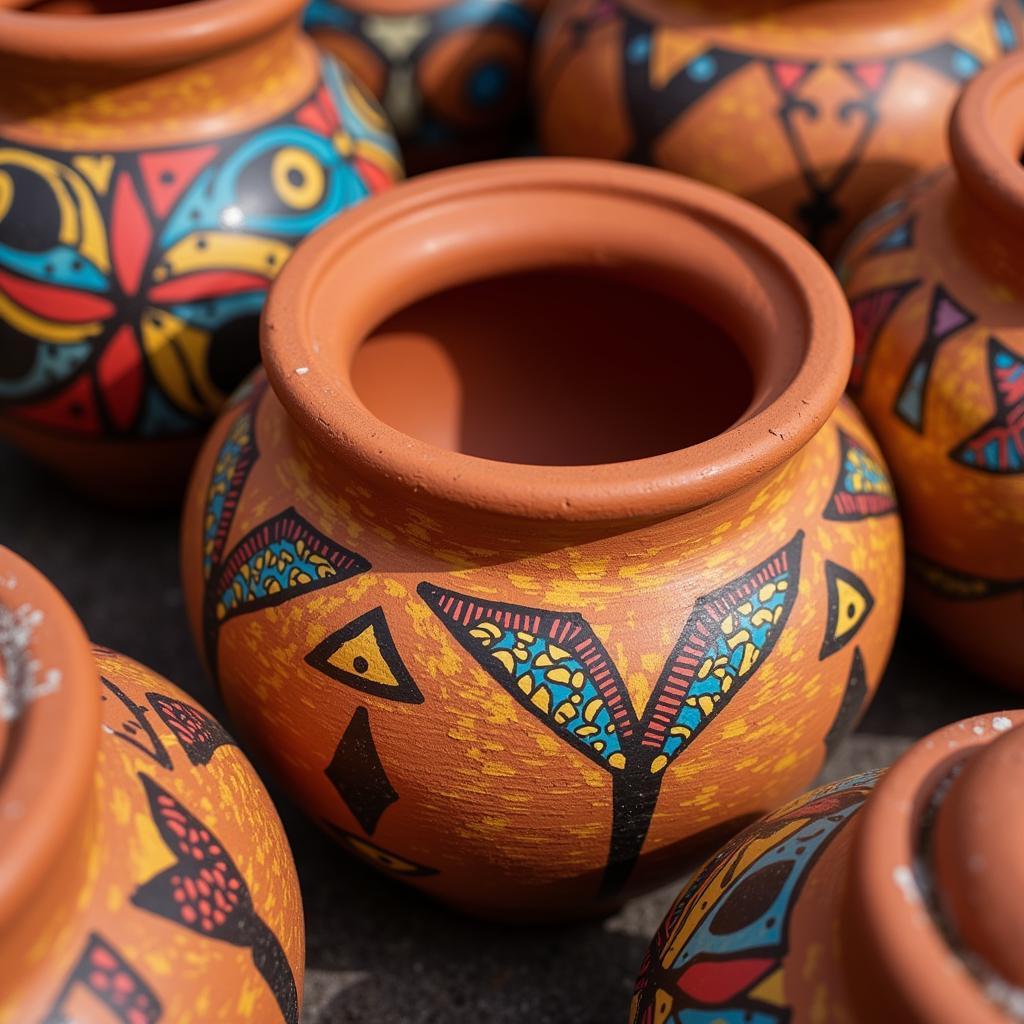African Black Soap Acne Review: A Deep Dive
African Black Soap Acne Review: This natural cleanser has gained popularity for its potential skin benefits, especially for acne-prone skin. But does it really work? This comprehensive review explores the origins, benefits, and potential drawbacks of African black soap for acne, providing you with the information you need to make an informed decision about incorporating it into your skincare routine.
What is African Black Soap and How is it Made?
Authentic African black soap, unlike commercially produced versions, isn’t actually black. Its color ranges from dark brown to a deep, rich amber. This traditional soap is handcrafted in West Africa, primarily in Ghana, Nigeria, and Togo, using time-honored techniques passed down through generations. The key ingredients are locally sourced plant matter, including plantain skins, cocoa pods, palm leaves, and shea tree bark. These are roasted, then saponified with water and wood ash, creating a completely natural and often vegan cleanser. The resulting soap is rich in antioxidants and vitamins A and E, offering potential benefits for various skin conditions.
After the first paragraph: African black soap eczema
The Science Behind African Black Soap for Acne
African black soap’s potential acne-fighting properties lie in its unique composition. The ash provides gentle exfoliation, helping to remove dead skin cells that can clog pores and contribute to breakouts. The plantain skins and cocoa pods are rich in antioxidants that may help combat inflammation and reduce redness associated with acne. Shea butter, often added to some formulations, provides moisturizing properties to prevent dryness, a common side effect of many acne treatments.
Benefits of Using African Black Soap for Acne
Many users report experiencing positive results when using African black soap for acne. These benefits include:
- Reduced Breakouts: The soap’s exfoliating and antibacterial properties may help prevent new pimples from forming.
- Improved Skin Texture: Regular use can lead to smoother, more even skin tone.
- Gentle Cleansing: Unlike harsh chemical cleansers, African black soap can cleanse without stripping the skin of its natural oils.
- Natural and Sustainable: The traditional production process is environmentally friendly and supports local communities.
Potential Drawbacks and Considerations
While generally considered safe, African black soap can have potential drawbacks:
- Variable Quality: Due to its artisanal nature, the quality and ingredients can vary between batches.
- Sensitivity: Some individuals may experience dryness or irritation, particularly those with sensitive skin. It’s crucial to start with a small patch test.
- Authenticity: Beware of counterfeit products. Look for unprocessed, rough-cut soap from reputable sources.
How to Use African Black Soap for Acne
For optimal results, follow these steps:
- Lather: Work the soap between your hands to create a rich lather.
- Apply: Gently massage the lather onto your face, avoiding the eye area.
- Rinse: Thoroughly rinse with lukewarm water.
- Moisturize: Follow up with a light, non-comedogenic moisturizer.
African black soap for body acne
Does African Black Soap Really Work for Acne? User Experiences and Expert Opinions
Dr. Aboubakar Soumahoro, a dermatologist specializing in traditional African remedies, explains, “African black soap offers a natural alternative for acne management. Its exfoliating properties, combined with the anti-inflammatory effects of its plant-based ingredients, can significantly improve skin clarity and reduce breakouts.”
Is African Black Soap Right for You?
Deciding whether to incorporate African black soap into your skincare routine depends on individual skin type and needs. It’s a promising natural option for those seeking a gentle yet effective cleanser to combat acne.
 Woman Washing Face with African Black Soap for Acne
Woman Washing Face with African Black Soap for Acne
Conclusion
African black soap acne review highlights the potential of this traditional cleanser as a natural remedy for acne-prone skin. Its unique blend of plant-based ingredients offers gentle cleansing, exfoliation, and anti-inflammatory benefits. However, it’s essential to choose authentic products and be mindful of potential sensitivities.
FAQ
- Can I use African black soap every day? Start with every other day and adjust based on your skin’s response.
- Is African black soap suitable for all skin types? It’s generally safe, but patch testing is recommended, especially for sensitive skin.
- Where can I buy authentic African black soap? Look for reputable online retailers or specialty stores selling ethically sourced products.
- How long does it take to see results? Results vary, but some users report improvements within a few weeks.
- Can African black soap help with acne scars? While it may improve skin texture, it’s not a guaranteed treatment for scars.
- Can I use African black soap with other acne treatments? Consult a dermatologist before combining with other products, especially medicated treatments.
- Is liquid African black soap as effective as bar soap? The effectiveness depends on the ingredients and quality, not the form.
African black soap for white hair
Other Questions & Articles
- How to identify authentic African Black Soap?
- What are the different types of African Black Soap?
- Can African Black Soap be used for other skin conditions?
Need help? Contact us 24/7: Phone: +255768904061, Email: kaka.mag@gmail.com, Address: Mbarali DC Mawindi, Kangaga, Tanzania.

